10 Things That Could Be Wrong With Your Golf Gear
Joel Tadman takes a look at 10 gear mistakes lots of golfers fall foul of
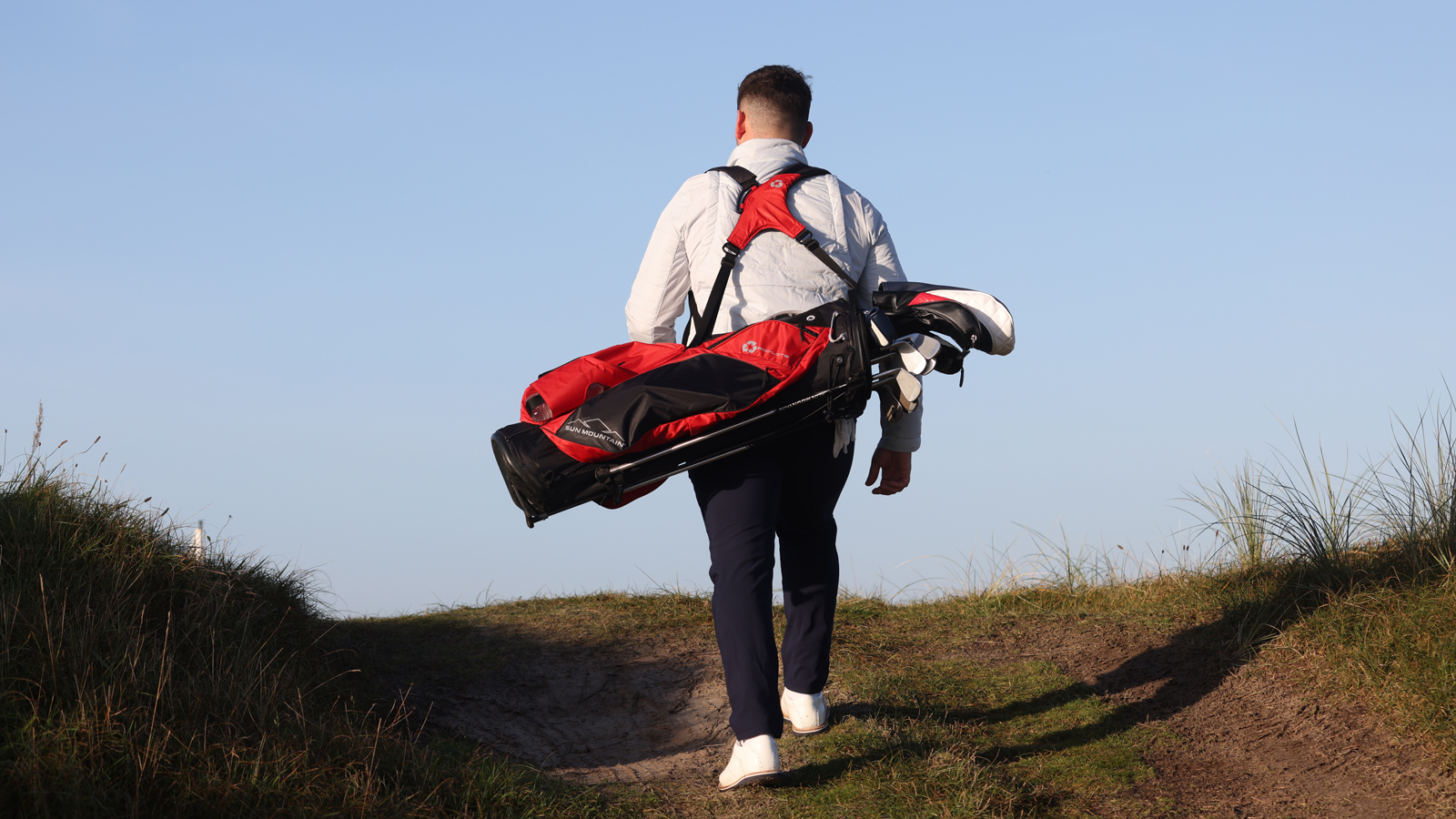

Golf is a hard game. It's very hard in fact, one that can never be perfected and even the world's best players go through periods of relative mediocrity just like us mere mortals. As golfers, like in any other sport or job, we are faced with a set of tasks during a round of 18 holes and require the right tool for each to execute them correctly. If the tool is wrong, it makes the job that much harder.
But armed with a full set perfectly suited to your needs, the game could be so much easier. Here, we've highlighted the 10 most common pitfalls club golfers are guilty of when it comes to their golf gear. Hopefully, not many of them are familiar to you...
WATCH: Joel Tadman talks through the 10 biggest gear mistakes golfers make
1. Worn out wedges
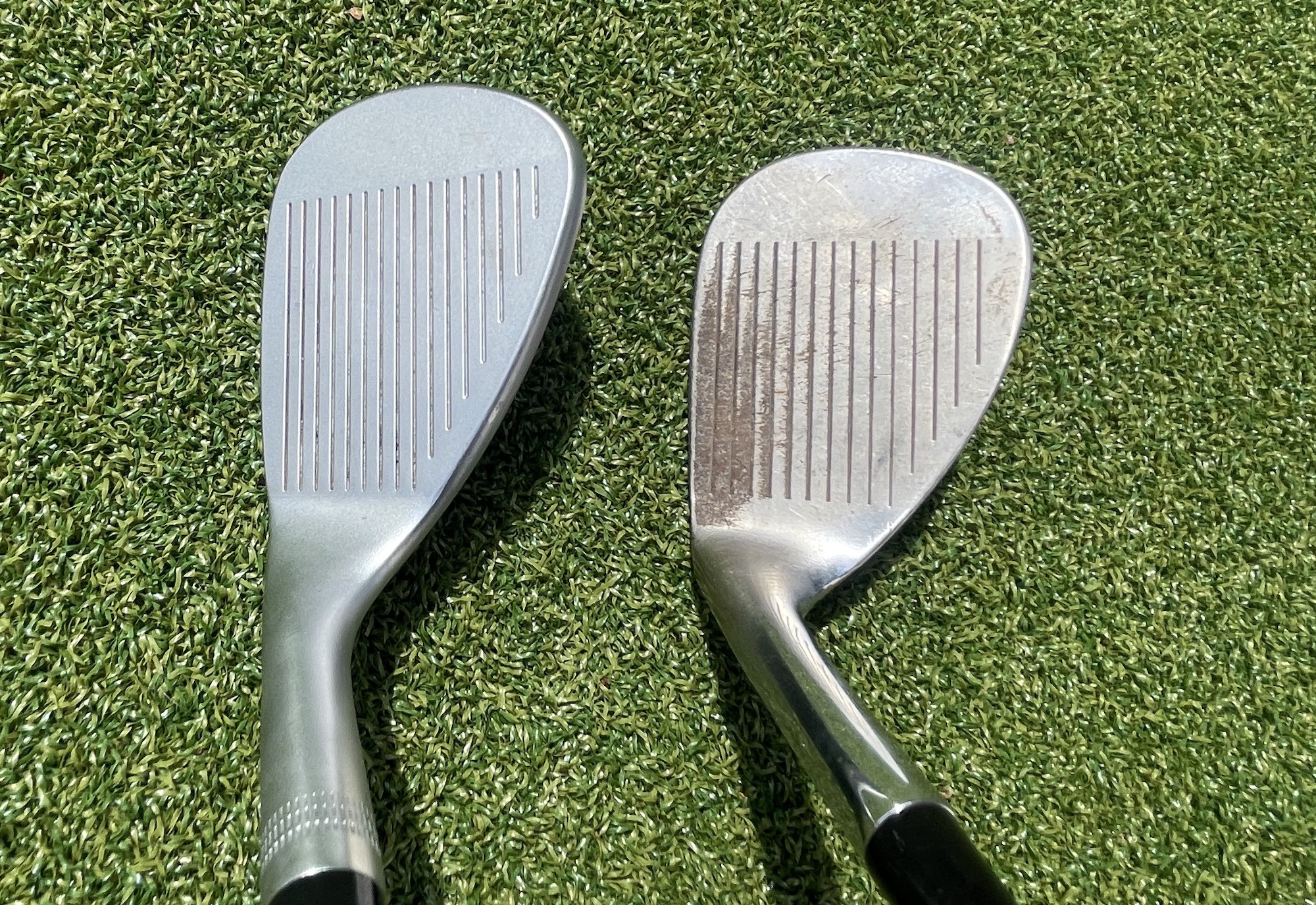
You can see the stark differences between a new and worn out wedge
There’s nothing quite like seeing your ball spin and check up by the pin after a well-executed wedge shot. However, even the best wedges will wear over time. The chances of that diminish drastically the more worn the grooves on your wedges are. Bob Vokey and his team at Titleist have been conducting ongoing research comparing launch and spin data from wedges that have been in play for 100 or more rounds versus brand-new wedges. The results revealed significant drops in spin RPM and increased launch angles as the ball travels up the face more as it struggles to grip onto the worn grooves.
If you play once a week or more and practice even semi-regularly, especially bunker shots, then you should consider changing your wedges every 12-18 months or 75 rounds to ensure you can still get your playing partners to ‘ooh’ and ‘ahh’ as your wedge shots spin like a Tour pro.
2. Off the shelf 'bargains'
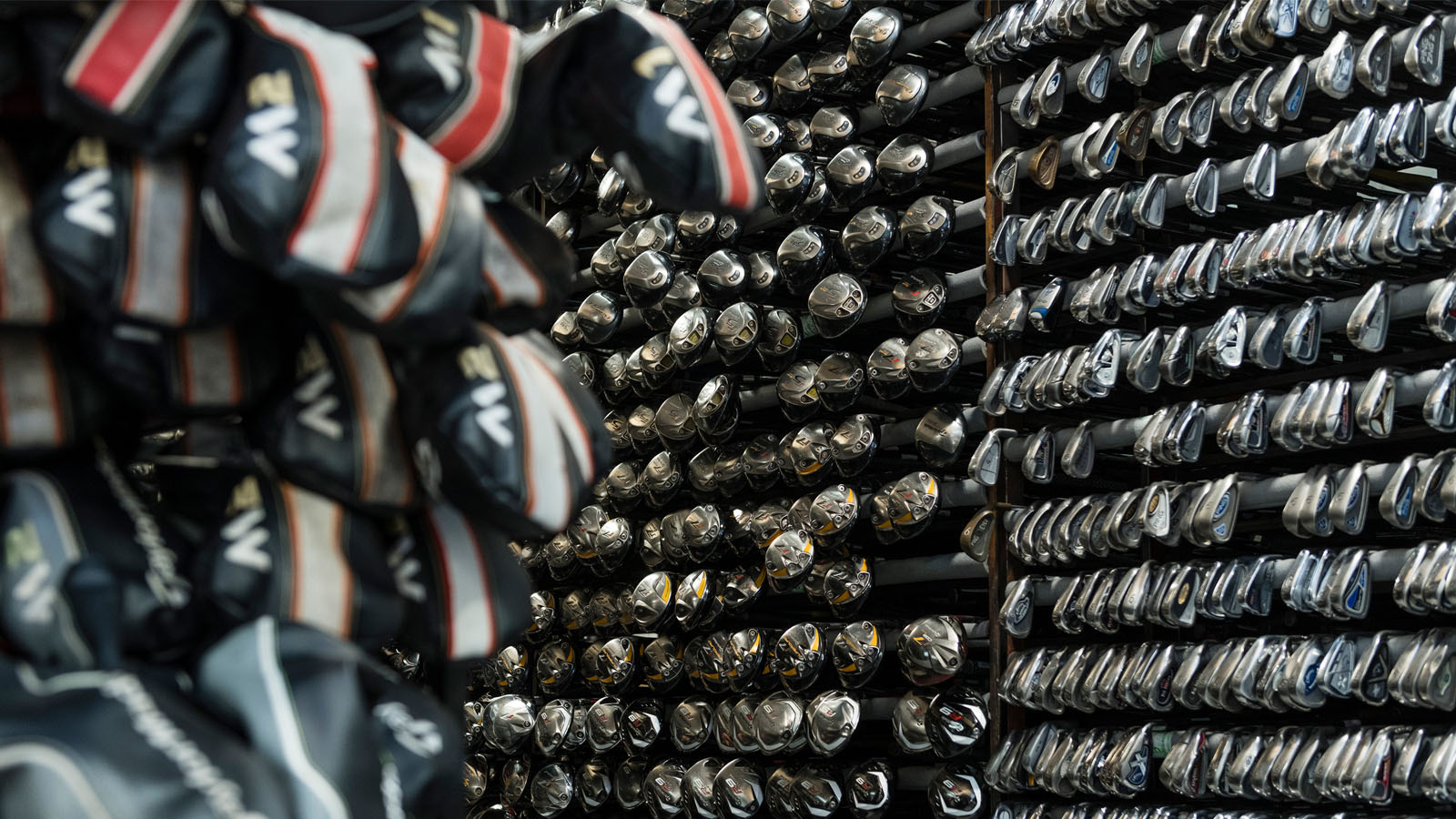
You’re waiting at the first tee and see your playing partner striding confidently towards you thrusting his new toy in your personal space.
“New driver?”
“Yeah, got it yesterday. It’s the same one Rory uses.”
“Cool. Where did you get it?”
“Just bought it off the shelf from that golf shop in town.”
Get the Golf Monthly Newsletter
Subscribe to the Golf Monthly newsletter to stay up to date with all the latest tour news, equipment news, reviews, head-to-heads and buyer’s guides from our team of experienced experts.
Never have such contrasting emotions surfaced so quickly as his opening drive sails helplessly into the trees. This pattern continues for the rest of the round and his confidence is shattered – not what anyone wants to see or experience on the golf course.
It is true that for some, a club bought off the shelf could perform perfectly fine, but a proper custom fitting gives you peace of mind that the club has been built to suit your swing, rather than you trying to swing in a way that gets the club to not hit the ball sideways.
3. Golf shoes fit for a museum
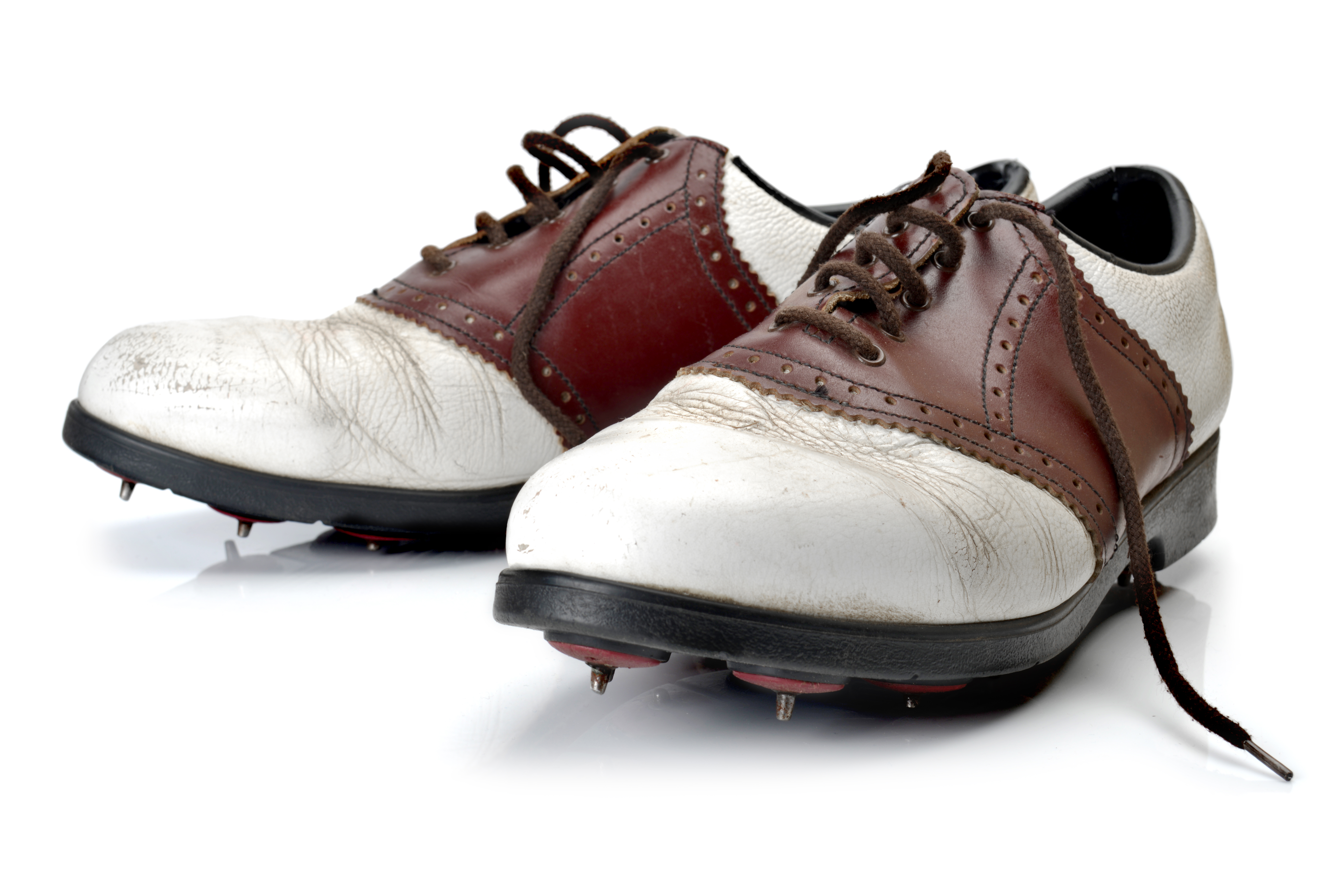
There is an argument that the more you wear a pair of golf shoes, the more comfortable they become. It’s very much a bell curve scenario though in that this comfort starts to diminish rapidly when the holes in the bottom let in water or the spikes are so worn you end up slipping on the shallowest of gradients.
As soon as you can see signs of wear, it’s time to replace your shoes to ensure you’re not losing out on grip or comfort. Perhaps have multiple pairs that you can rotate and make sure you clean and dry your shoes off after every round to maximize their lifespan. Size is obviously important too, the right size will prevent friction inside the shoe so they'll last longer and should help maximize the power you can create in the swing.
4. Playing the wrong driver loft
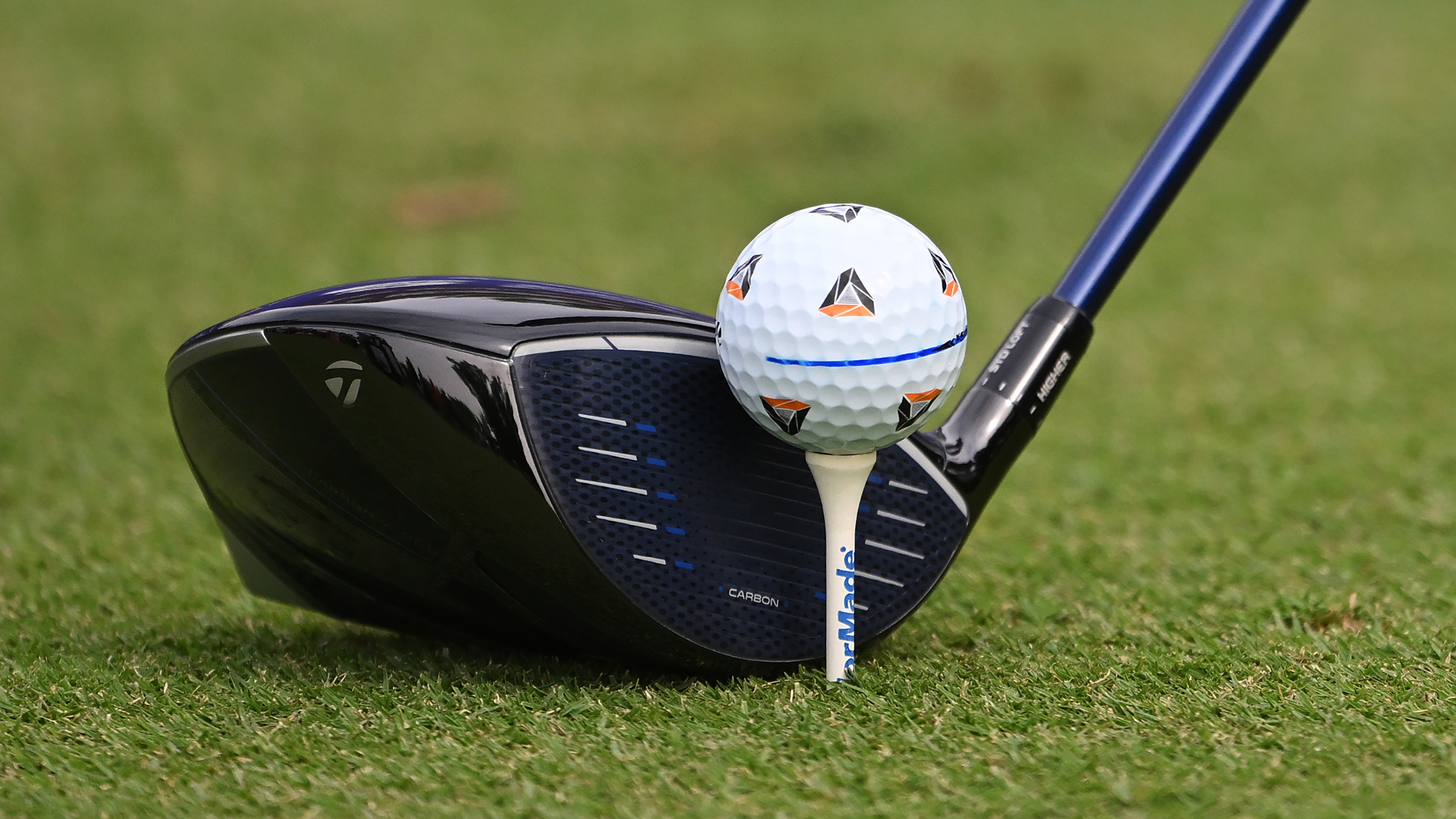
There was a time - back in the days of Tiger Woods’ 7° driver - when your driver loft was a status symbol. A bit like a handicap, the lower it was the better player you were perceived to be. But as the years went by (and driving accuracy stats plummeted) golfers realized that loft was actually their friend and that having more was beneficial to both distance and fairway finding.
This is even more applicable to amateur golfers with slower swing speeds and the fact that the center of gravity (CG) in driver design is getting lower and lower with every new release. A low CG reduces backspin, meaning you need a higher initial launch angle to maximize carry. As always, your PGA Pro is the best person to check what driver loft you need to use.
5. Neglecting the golf glove
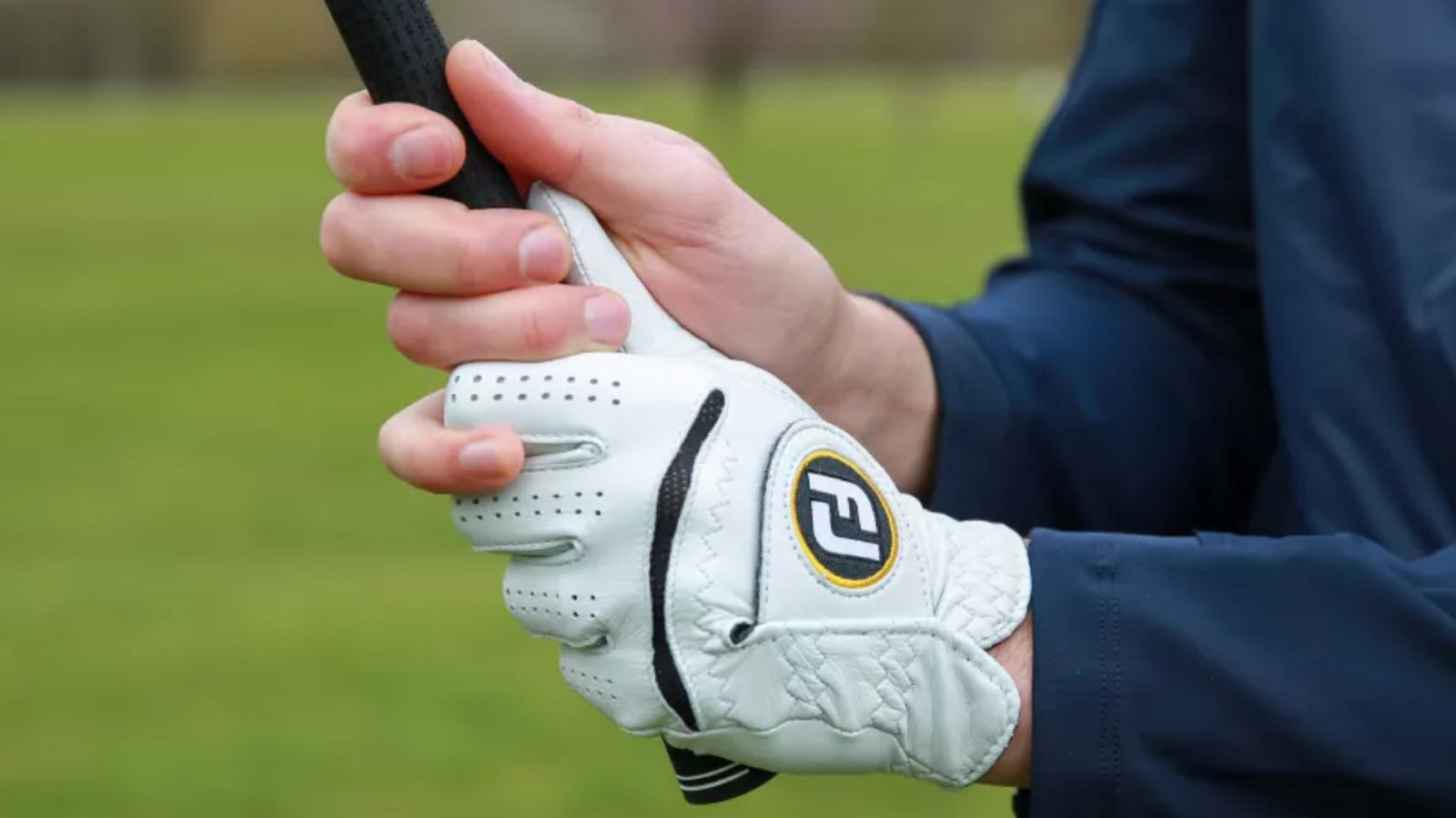
Frequently stuffed in the bag carelessly after a round, the importance of the lowly golf glove is often overlooked. And yet, it’s the only point of contact between you and the club so does it not make sense to give it the care and attention it deserves?
After each round, your glove should be aired and dried (not on the radiator or with a hairdryer) and returned to it as it was originally found in its packaging to maintain its shape and the leather's integrity. Not only will this maximize its feel and longevity, but it should create a better hold on the club. Wearing the correct size of glove is also vital in getting the most from your golf glove and there are also many different types available.
6. Persisting with worn-out grips
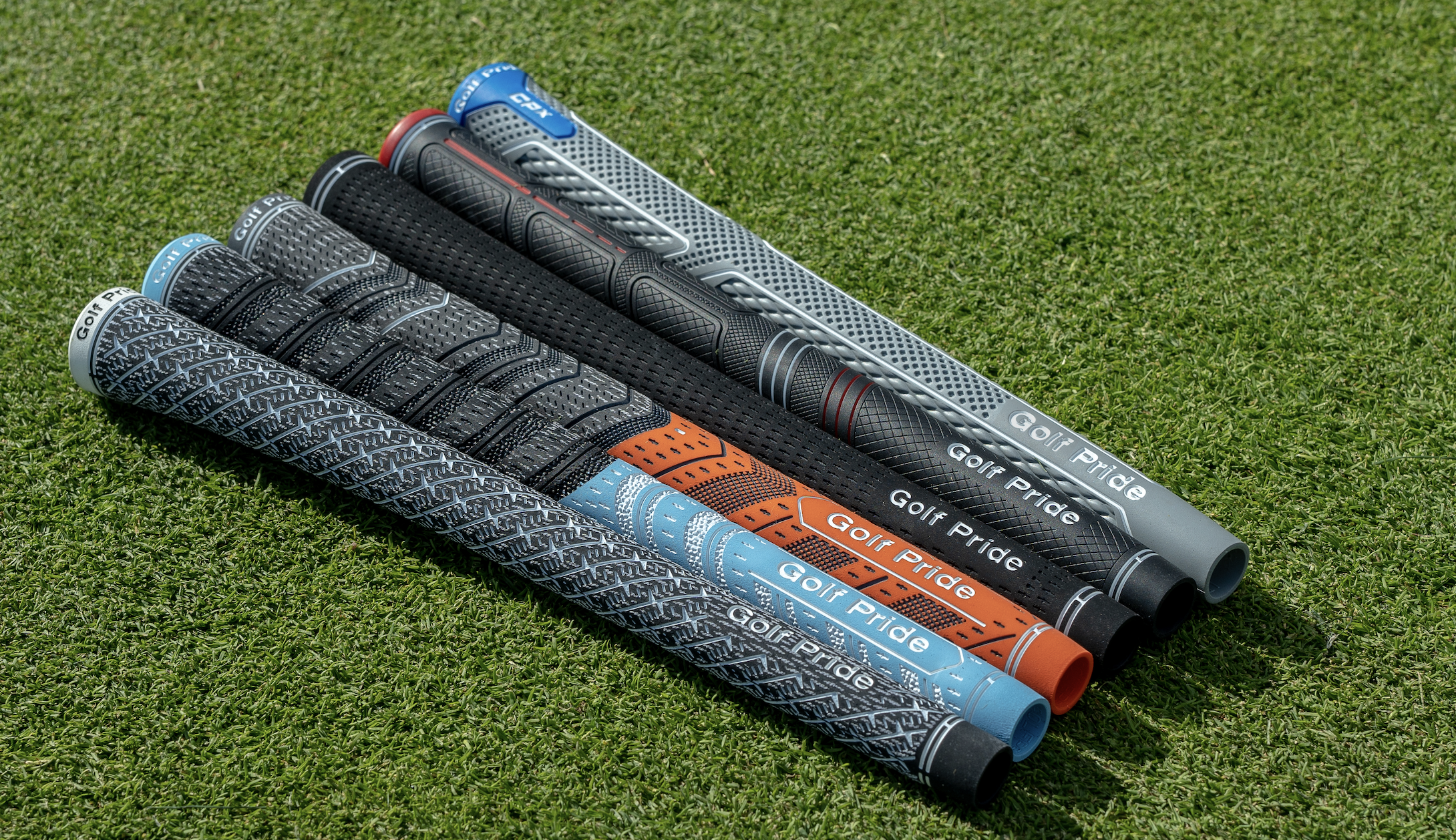
How many of you replace your golf grips every two years? Didn’t think so. That’s what the grip manufacturers recommend to ensure you maintain control of the club and the best feel. Size of grip also plays a big role as recent surveys have shown the majority of golfers are using the wrong thickness of grip for the size of their hands so check with your PGA Pro when you next upgrade your grips, which I’d imagine is pretty soon after reading this.
7. Choosing Blades
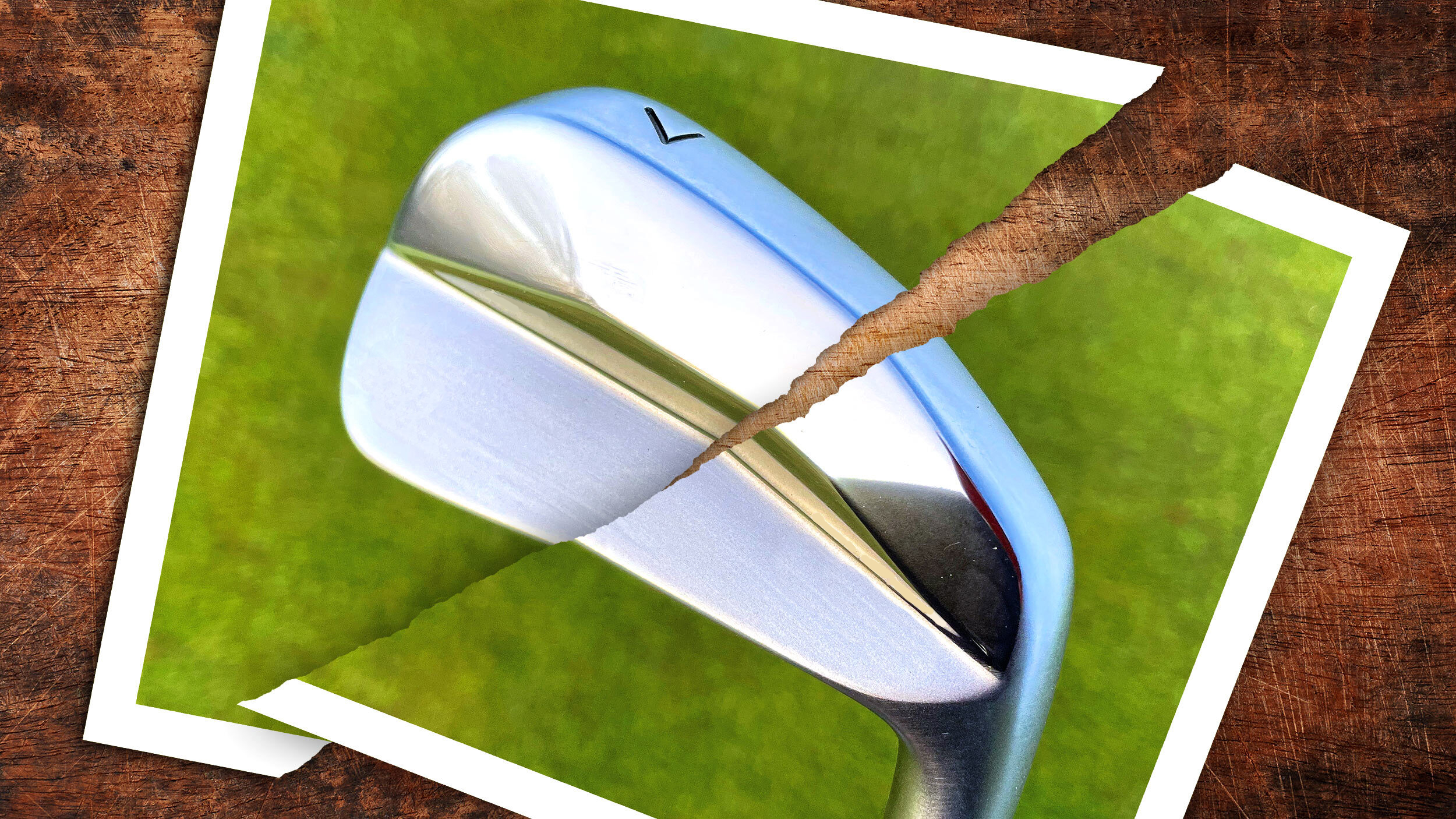
There isn’t a single performance reason why an amateur golfer should be using bladed irons. Heck, even most Tour pros don’t use them. For most golfers, blades should be consigned to history. Sure, they look fantastic in the bag but given the amount we miss the sweet spot compared with the pros, switching to a more forgiving model might be the best decision you blade users may ever make. There are many models out there, like the new Ping i59 or the Mizuno Pro 225 that look like a blade but provide the forgiveness of a cavity back so there’s really no excuse for not putting your ego to one side and benefiting from the latest technology.
8. Lose your long irons
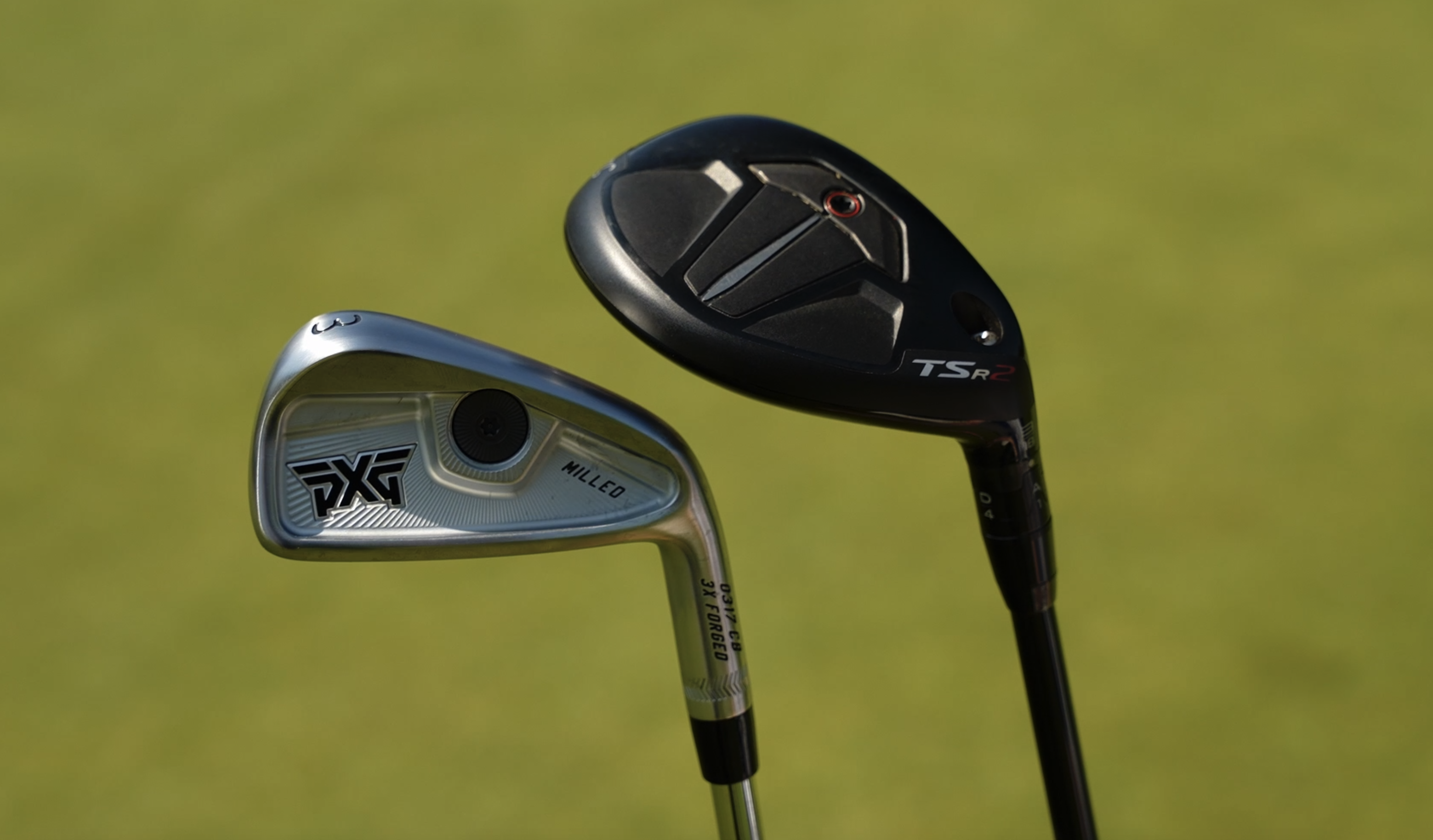
I heard a commentator recently say that amateur golfers shouldn’t carry a 3 or 4-iron in their bag. While I don’t completely agree with that, most amateur golfers would indeed be best served stopping their iron set at the 5-iron and instead swapping in a couple of the best hybrids currently on the market. They’re generally more forgiving, higher launching, and easier to use in the rough. Plus you can chip with them around the green - true versatility.
9. Using Lake balls
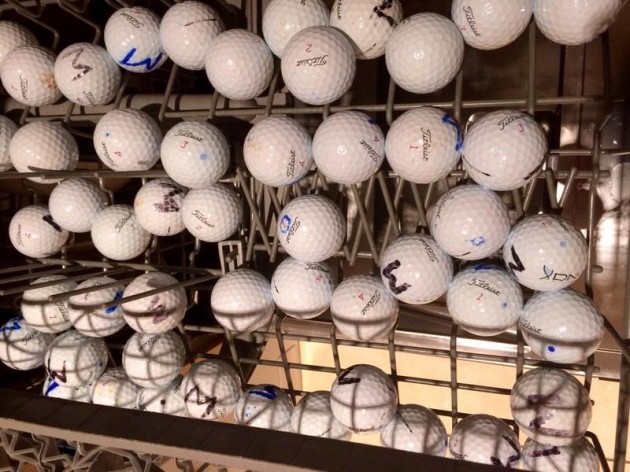
Yes they’re cheap and you might stumble upon the odd Titleist Pro V1 from 5 years ago with only a couple of minor scuffs, but generally speaking, lake balls do your golf game no good whatsoever.
You wouldn’t play each round with a different set of clubs covered in dents and scratches so why do it with your golf ball? It is the only piece of equipment you use on every shot and with golfers constantly banging on about wanting more consistency, the best place to start is with your golf ball. Speak to your pro to help pick a model that fits your game and budget and then invest in it.
10. Longer shafts don't always mean longer drives
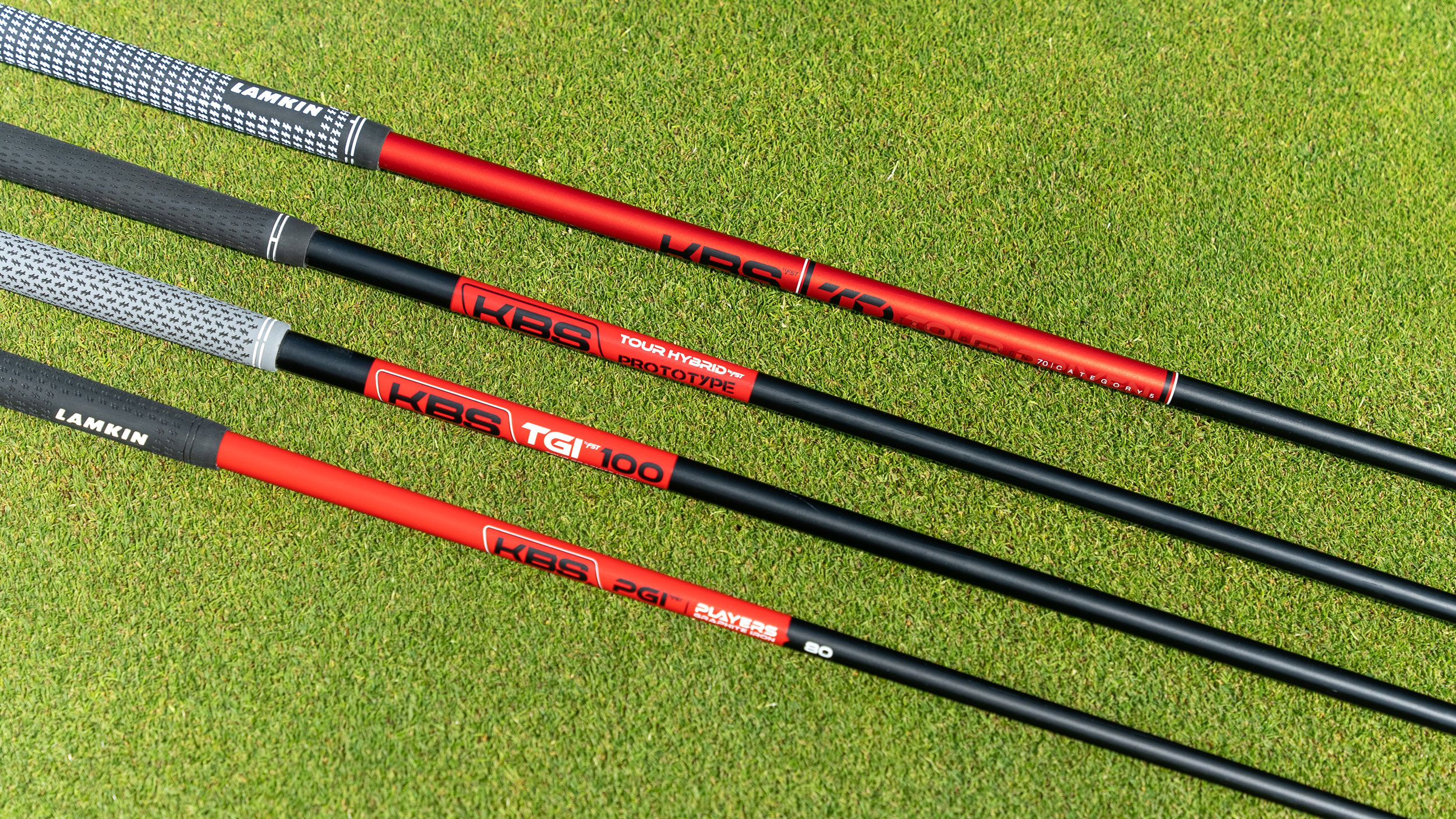
To clarify, we're talking shafts here. Most golfers don't know what driver shaft length is right for their game and will often just stick with the stock length provided by manufacturers. Most golfers still value distance over accuracy and one way to get more of the former is to have a longer shaft in your clubs. Drivers on tour are around an inch shorter than those found at retail because the world’s best players don’t need extra yards, but there’s an argument to say you’d be better off taking a leaf out of their book and opting for a shorter shaft to give you more chance of finding the fairway.

Joel has worked in the golf industry for over 15 years covering both instruction and more recently equipment. He now oversees all equipment and video content at Golf Monthly, managing a team of talented and passionate writers and presenters in delivering the most thorough and accurate reviews, buying advice, comparisons and deals to help the reader or viewer find exactly what they are looking for.
One of his career highlights came when covering the 2012 Masters he got to play the sacred Augusta National course on the Monday after the tournament concluded, shooting a respectable 86 with just one par and four birdies. To date, his best ever round of golf is a 5-under 67 back in 2011. He currently plays his golf at Burghley Park Golf Club in Stamford, Lincs, with a handicap index of 3.1.
Joel's current What's In The Bag?
Driver: Titleist GT3, 9°, Fujikura Ventus Black 6 S shaft.
Fairway wood: Titleist TSR3, 15°
Hybrid: Titleist TSi2, 18°
Irons: Titleist T150, 4-PW
Wedges: Titleist Vokey SM10, 50°, 54° and 58°
Putter: LAB Golf DF3
Ball: 2025 Titleist Pro V1x
-
 US Women's Open 2025 Picks, Odds And Predictions
US Women's Open 2025 Picks, Odds And PredictionsThe second women's Major of the year is set to take place at Erin Hills and the betting odds are out - who have we chosen to get the job done?
-
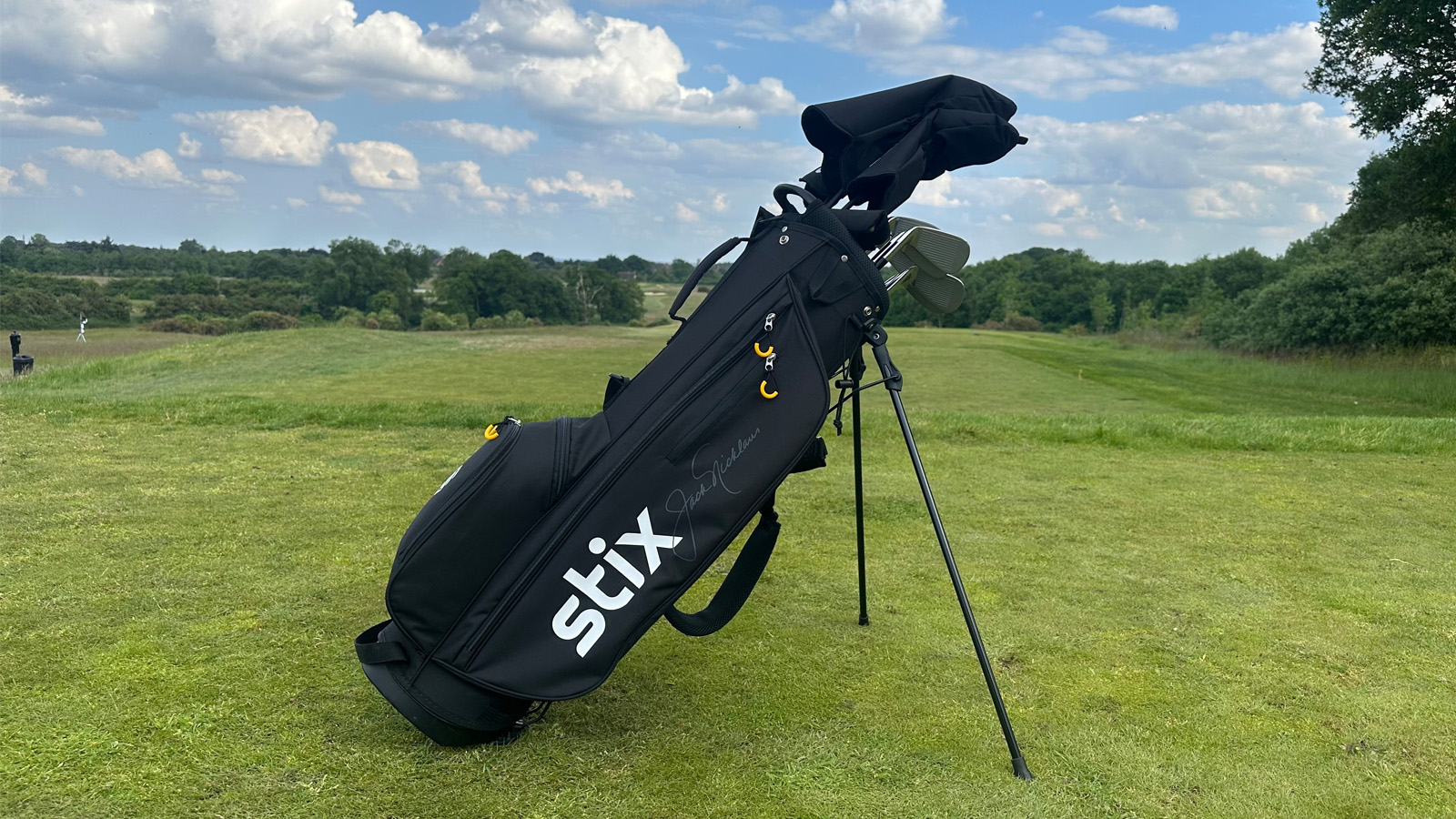 Stix Jack Nicklaus Essentials Package Set Review
Stix Jack Nicklaus Essentials Package Set ReviewSam De’Ath takes the Stix Jack Nicklaus Essentials package set onto the course to see if it can be considered one of the best on the market
-
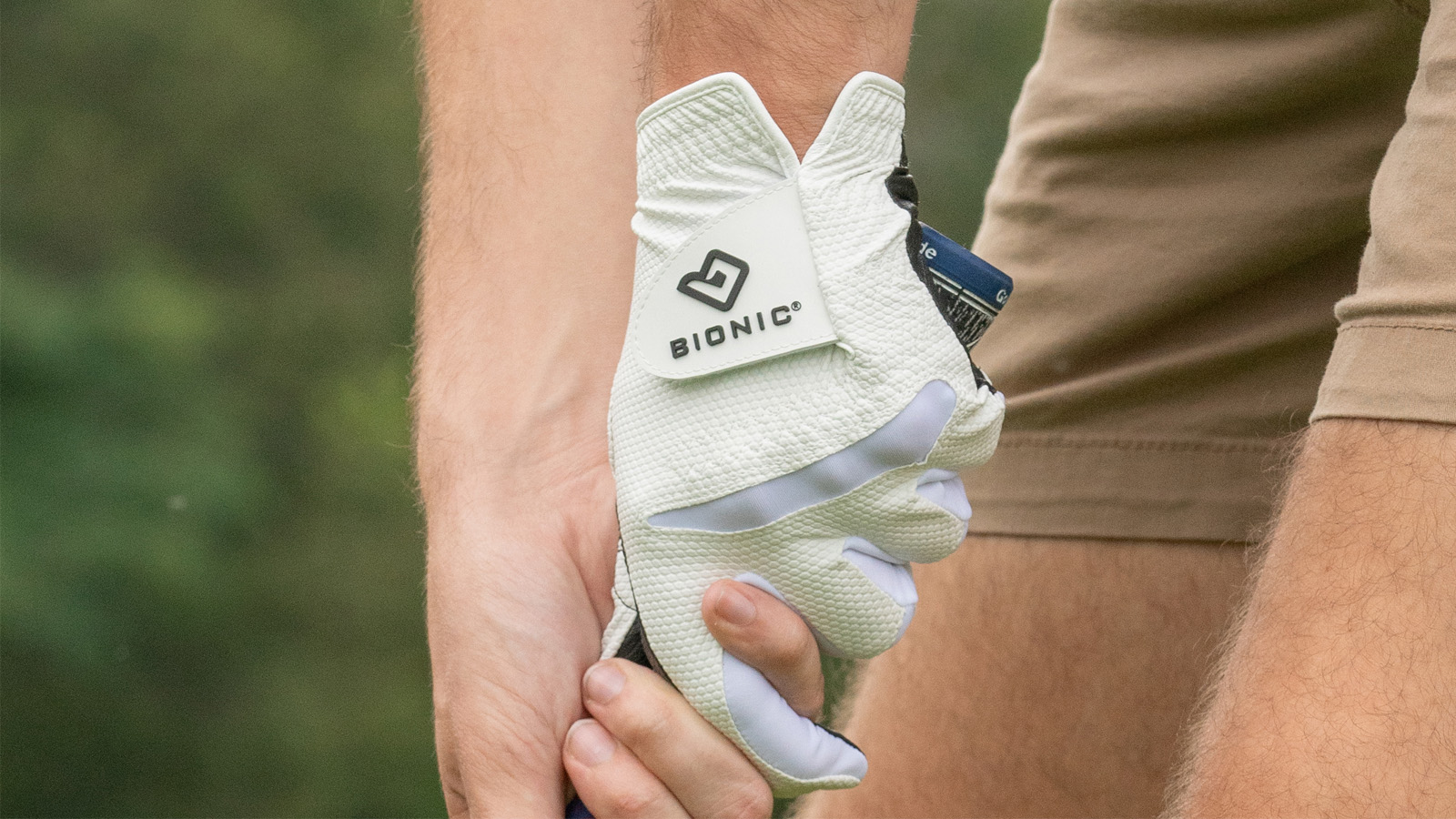 How The Most Technologically Advanced Golf Glove Can Help You Play Better In 2025
How The Most Technologically Advanced Golf Glove Can Help You Play Better In 2025Take your game to new heights this summer with the Bionic RelaxGrip 2.0 DX Golf Glove
-
 Step Up Your Game: Duca del Cosma Unveils Revolutionary SS25 Golf Shoe Collection!
Step Up Your Game: Duca del Cosma Unveils Revolutionary SS25 Golf Shoe Collection!It's time to make an impression on more than just the greens with your footwear this season. Take a look at the Spring/Summer 2025 collection from Duca del Cosma...
-
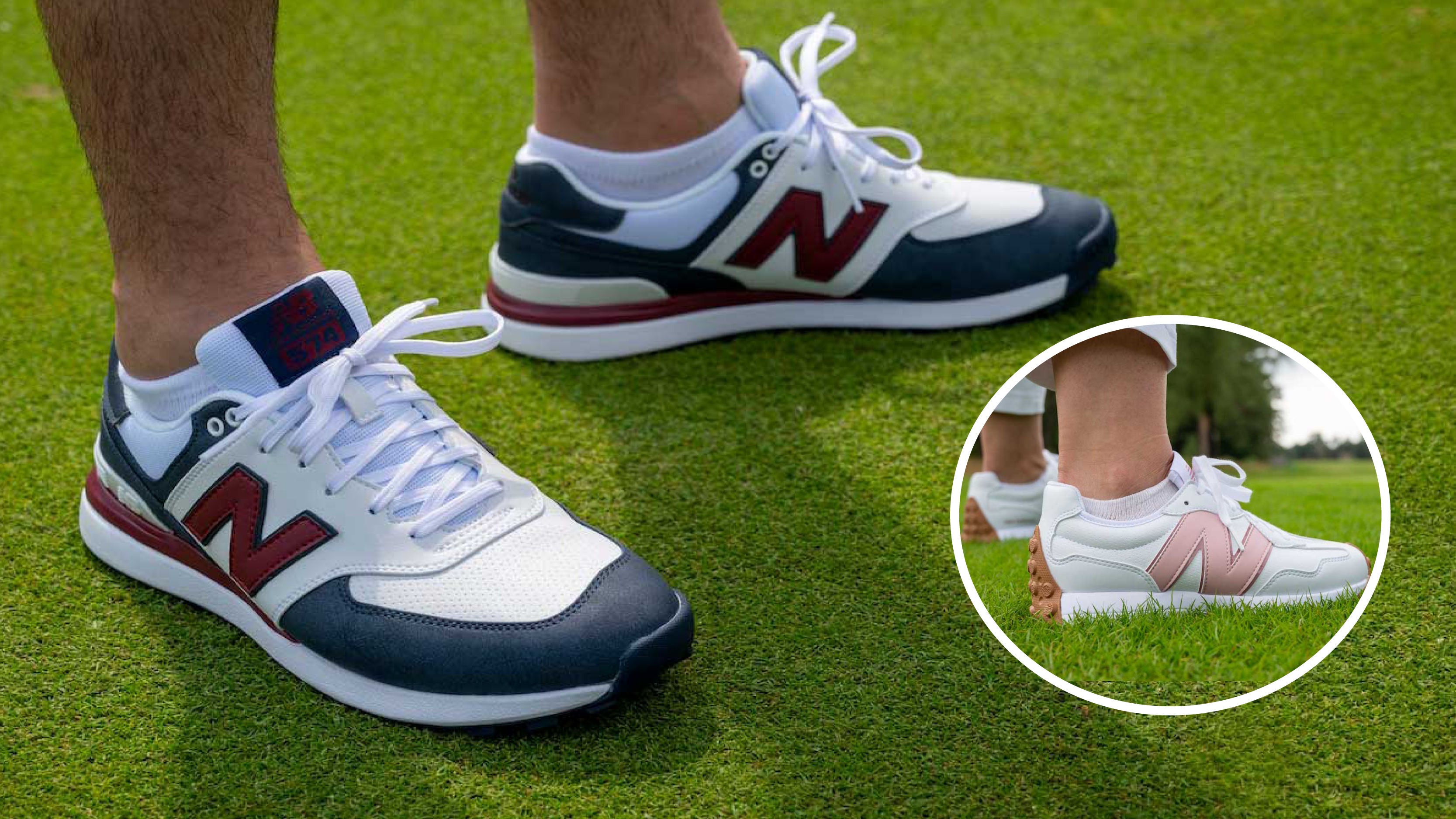 Step Up Your Game: New Balance Golf Unleashes Explosive SS25 Collection
Step Up Your Game: New Balance Golf Unleashes Explosive SS25 CollectionIf you are looking to up your golf shoe game this summer, then look no further, New Balance has you covered...
-
 Which Products Did We Select For Editor's Choice In 2025?
Which Products Did We Select For Editor's Choice In 2025?Our expert equipment team selects the leading 150 golf products on the market this year in their respective categories
-
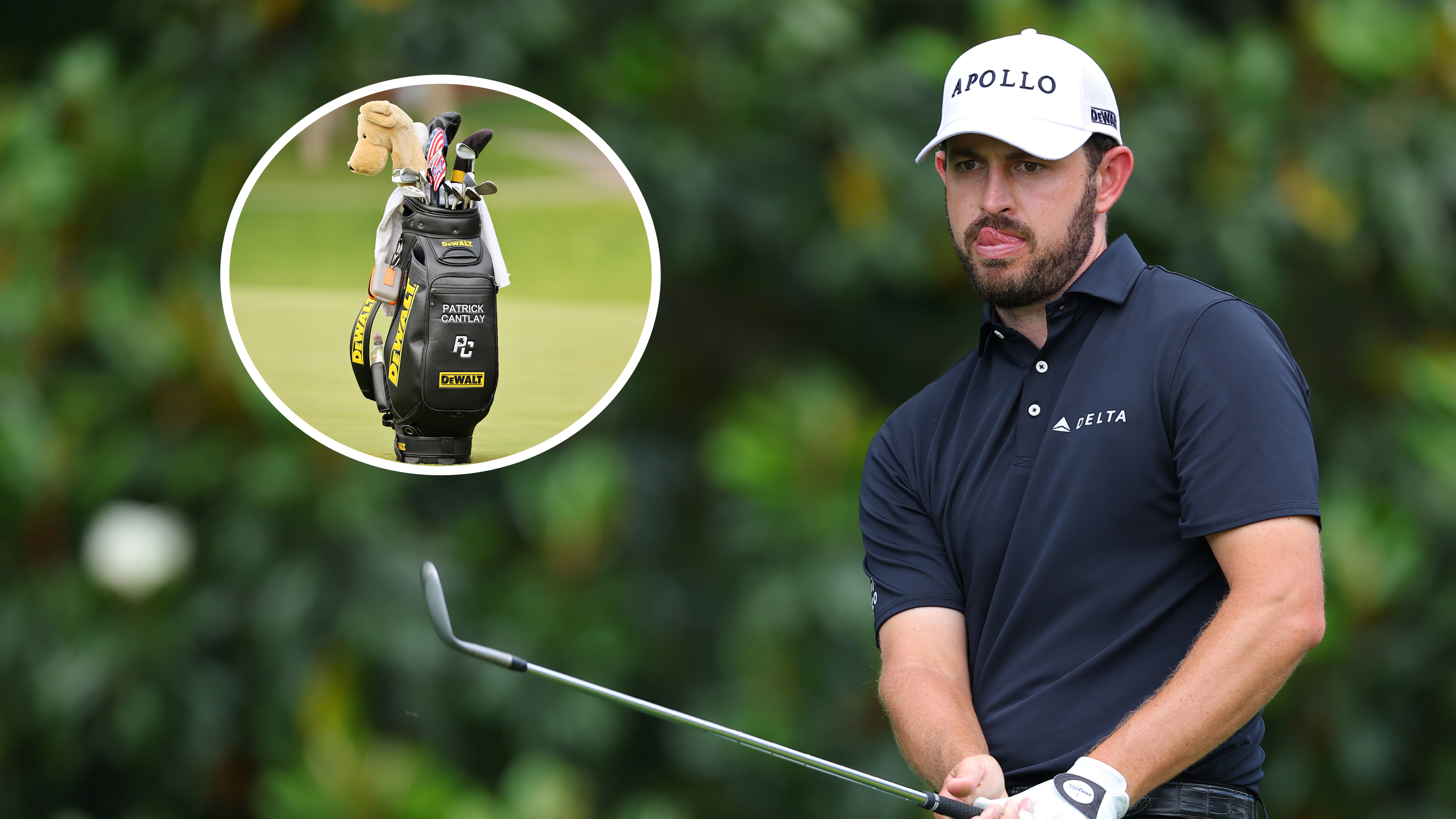 Why Does Patrick Cantlay Have 7 Wedges In His Bag At The PGA Championship?
Why Does Patrick Cantlay Have 7 Wedges In His Bag At The PGA Championship?American Patrick Cantlay was spotted with an incredible squad of wedges in his bag at the PGA Championship on Wednesday. PGA Professional Joe Ferguson has been looking at why that might be...
-
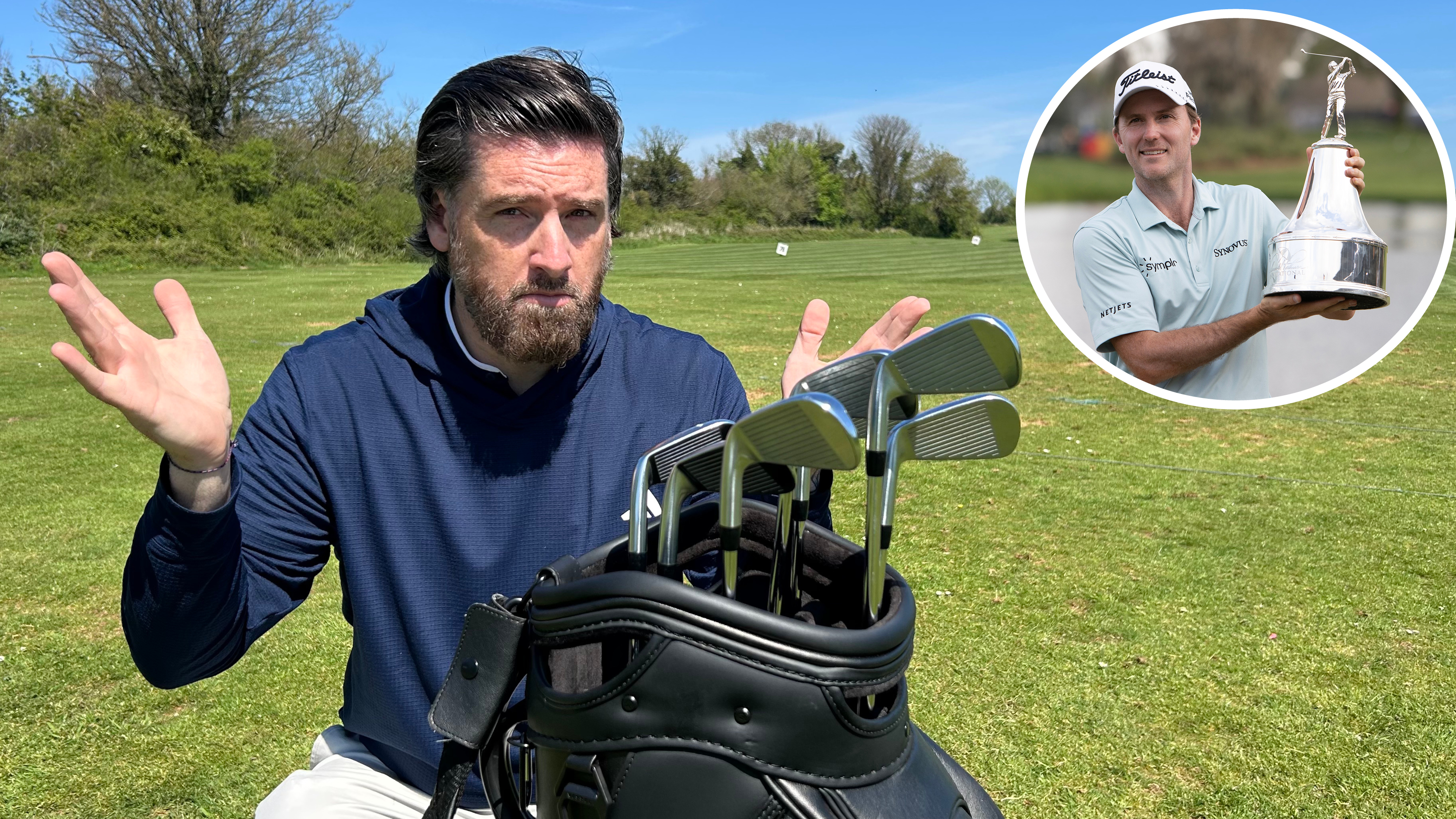 I Tested The 6-Year-Old Set Of Irons That Recently Won $4 Million On The PGA Tour
I Tested The 6-Year-Old Set Of Irons That Recently Won $4 Million On The PGA TourJoe Ferguson wanted to find out why a 6-year-old set of Titleist irons were used earlier this season to pick up a huge cheque on the PGA Tour. The results were extremely interesting...
-
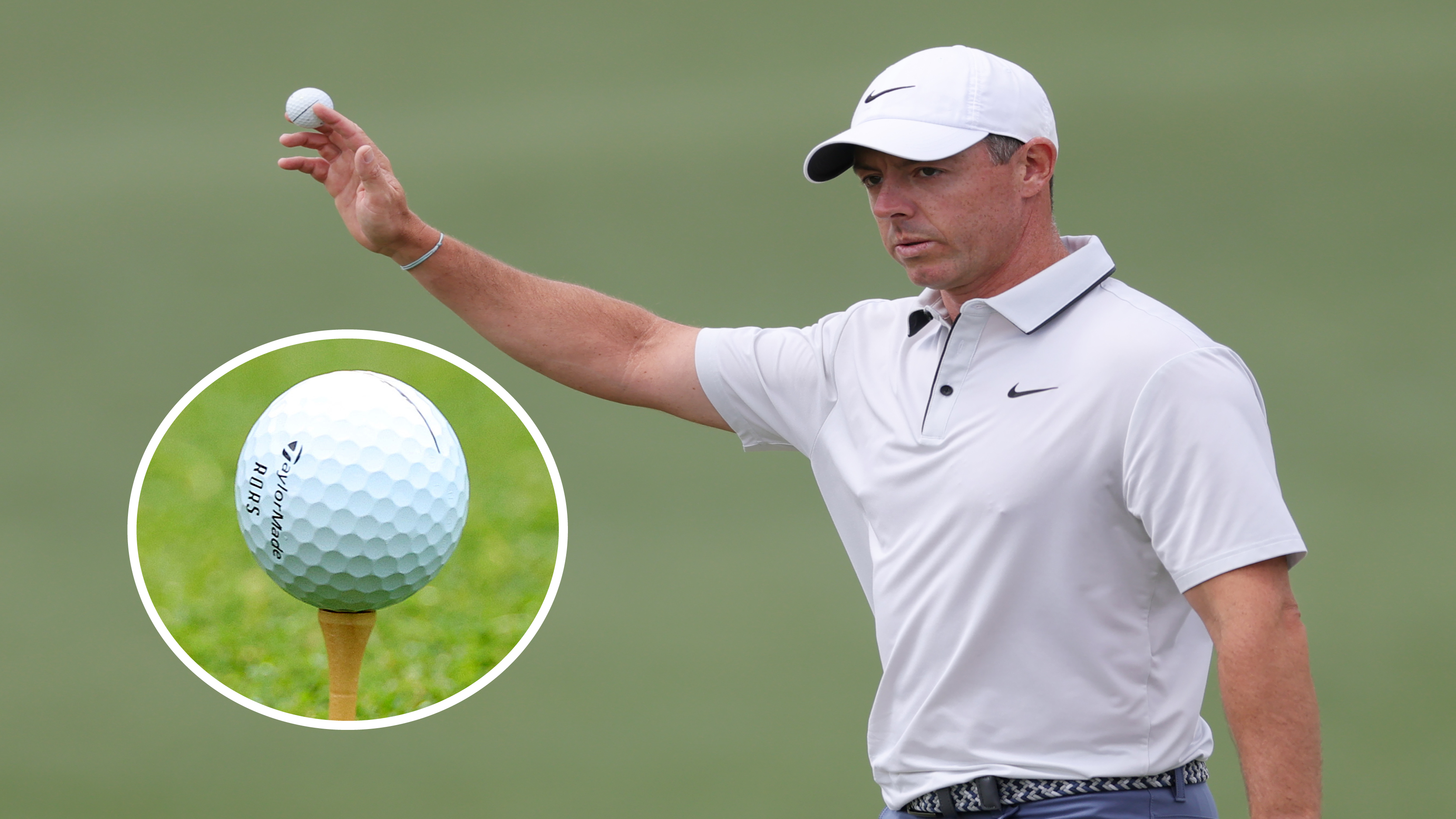 Could This 'Stumbled Upon' Equipment Switch Finally Land Rory McIlroy the Grand Slam?
Could This 'Stumbled Upon' Equipment Switch Finally Land Rory McIlroy the Grand Slam?Rory McIlroy made a golf ball change earlier this season that has reignited his wedge play and it could be about to pay off in the most dramatic possible way…
-
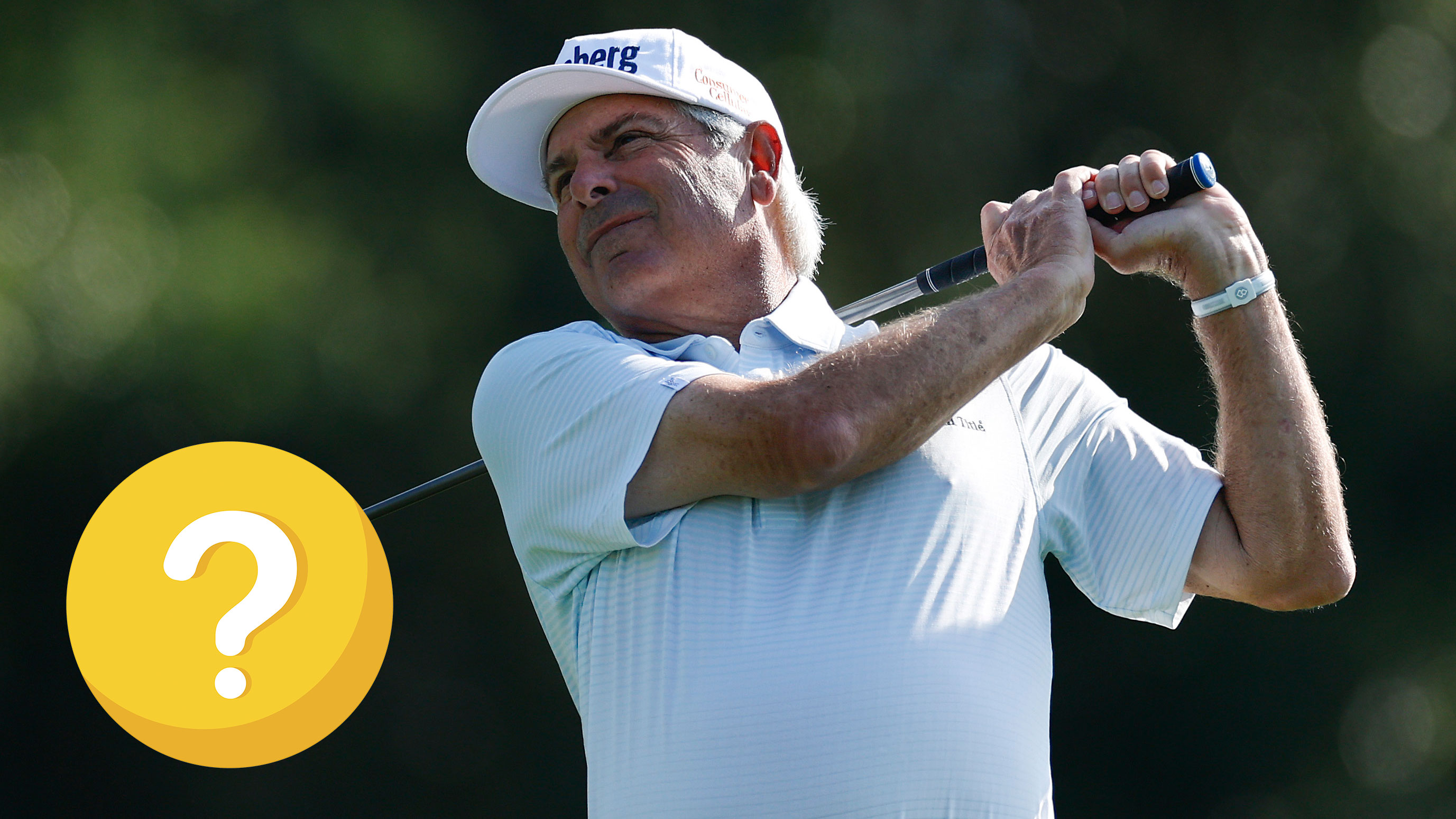 Real Players Use Long Irons, Right? Well, Fred Couples Nearly Made The Cut At The Masters At 65 Years Old, And His Longest Iron Is A…
Real Players Use Long Irons, Right? Well, Fred Couples Nearly Made The Cut At The Masters At 65 Years Old, And His Longest Iron Is A…Both Couples and Bernhard Langer turned back the clock brilliantly over the first two days at Augusta National and did so with some interesting bag setups.